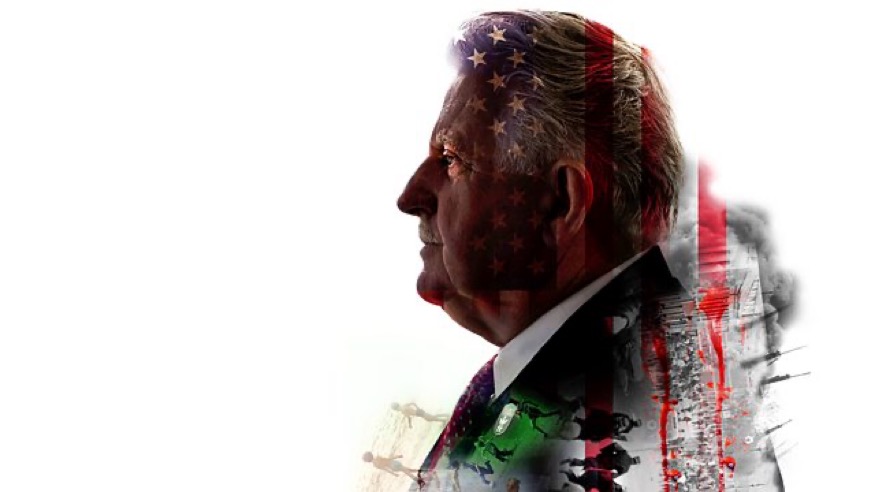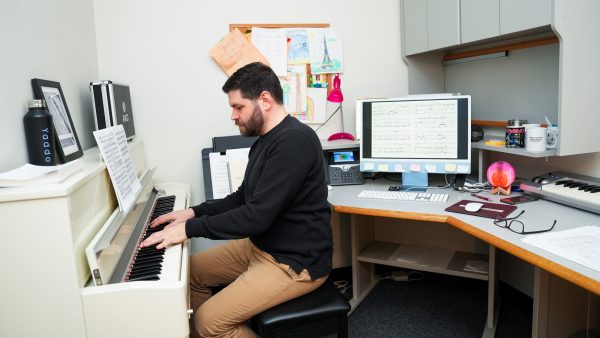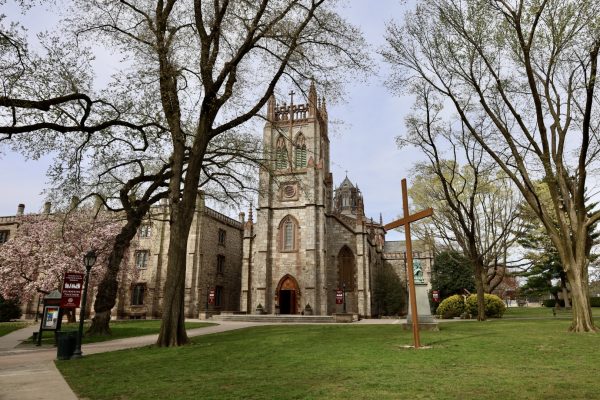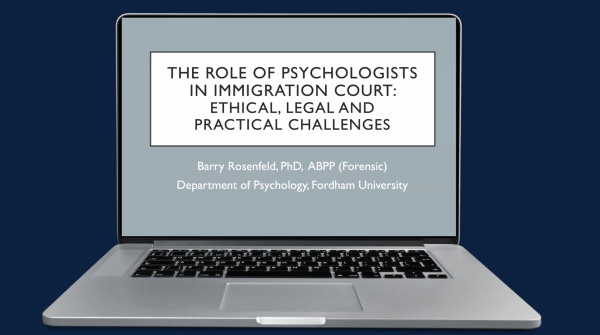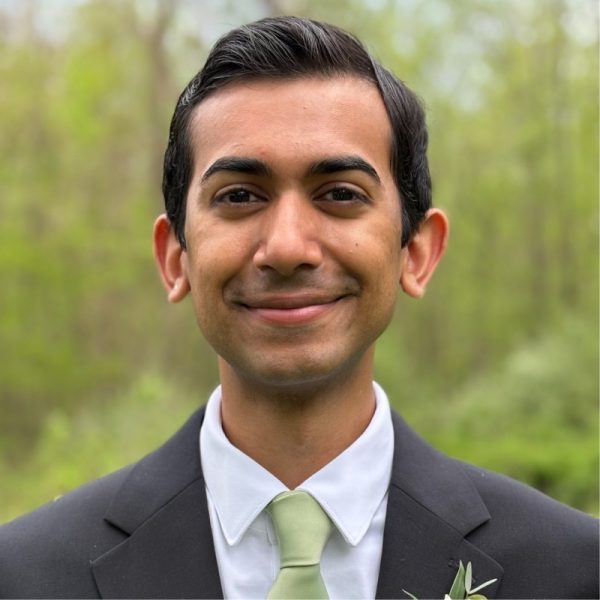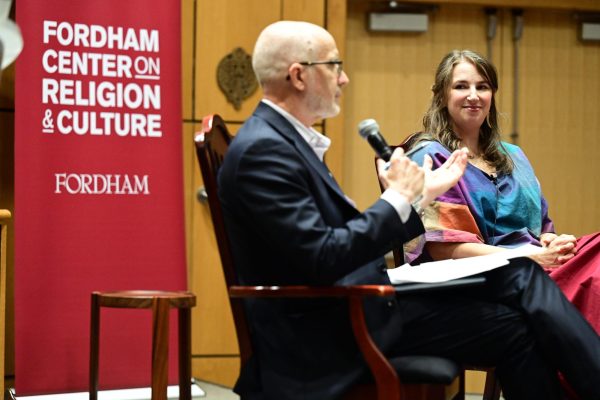Gaelic Society Hosts Celebratory Documentary Screening
On Wednesday, March 8, Fordham’s Gaelic Society hosted a screening of the documentary “How to Defuse a Bomb: The Project Children Story.” The film is a celebration of the decades-long work of the Project Children Charity and one of its founding members, Denis Mulcahy. The film shows decades of footage, chronicling the violence in Northern Ireland through the Clinton administration’s peace talks and into the work Project Children Charity does today. Mulcahy, the grown children who participated in the Project Children Charity over the decades and Fordham community members were present at the screening. Fordham’s Gaelic Society and the Aisling Center worked to put together the event, and the turnout by Fordham’s wider community and students aimed to create an educational experience.
The documentary details the extraordinary story of how NYPD bomb-disposal expert, Denis Mulcahy, played an important role in helping defuse the decades-old Troubles in Northern Ireland by bringing vulnerable children to America for a summer of peace. Narrated by Liam Neeson and with contributions from former President Bill Clinton, the film provides a close look into the role The Project Children Charity played in saving the lives of young children in Northern Ireland during the Troubles and bringing Northern Ireland towards peace through raising awareness in the United States.
Fordham Gaelic Society’s President, Julia Quinn ,FGSB ’24, explained that “in 1975, Denis founded Project Children to help young Catholic and Protestant children travel to the U.S. for a summer holiday respite from the everyday violence and strife of their homeland. Throughout the past 40 years, over 23,000 individuals have been helped and continue to be helped in the intern program. The intern program is both cross community and cross border.”
In that first summer, they brought six children from Northern Ireland, half Protestant and half Catholic, for six weeks to Greenwood Lake, NY – where Mulcahy, his brother, and other members of the Gaelic Cultural Society which went on to become The Project Children Charity.
The project initially drew attention for the controversial choice of including both Protestant and Catholic children, but they were adamant of the importance of caring for children beyond their religious identities. At the time, Northern Ireland, Belfast in particular, was wrought with violence, as members of the Irish Republican Army (IRA) and British Military Services turned Northern Ireland into an active war zone. Children were being exposed to often deadly violence. The charity set out to keep children safe, even if for only a summer, and to show children of Protestant and Catholic backgrounds that they could live and even like one another. The film features the stories of children, from the first two boys who came in the summer of 1975 to the young man who lost his life several years after his return from his summer in the United States.
“Other universities have shown a screening of this documentary, such as NYU, and Mulcahy attends all of them. Gaelic Society was extremely honored to hear that both Denis and the Aisling Center wanted Fordham to host a screening of this monumental documentary. Denis Mulcahy has received many accolades for his vigorous work in assisting the peace process in Northern Ireland, was twice nominated for the very prestigious Nobel Peace Prize for all his work for the children of Northern Ireland and was runner up to the First President of South Africa, Nelson Mandela and Mother Teresa,” said Quinn.
The event was an opportunity for students and community members to learn and engage with, oftentimes their own family’s, history in Northern Ireland and to meet Mulcahy.
“[The Gaelic Society] hope[s] that students, alum, faculty and anyone that attends understands the struggles of Northern Ireland, and how far individuals have come since then. It is important to remember our ancestors and the challenges they endured for the future generations,” said Quinn.
By the end of the documentary, many members of the audience were tearing up..
“It’s better not to curse the darkness and to just light the candle,”said a priest, who was a member of the audience.





































































































































































































